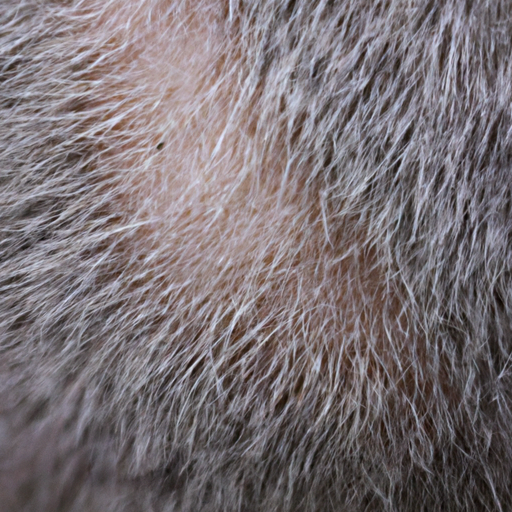Introduction
As a caregiver to your beloved pet, I know you’re always on the lookout for anything that could harm them. Today, I’d like to guide you on a topic that’s common yet often overlooked – tick eggs on dogs. You see, identifying tick eggs is your first line of defense in the battle against these pesky parasites.
Recognizing Tick Eggs
Tick eggs are minute, about the size of a grain of sand. They’re often laid in clusters and can range in color from yellowish-brown to reddish. Unlike the ticks themselves, tick eggs are smooth and spherical. They might remind you of tiny beads or pearls.
Here’s a simple comparison table to help you visualize:
| Tick Eggs | Ticks | |
|---|---|---|
| Size | Grain of sand | Apple seed |
| Shape | Spherical | Flat or engorged |
| Color | Yellowish-brown to reddish | Brown or black |
| Texture | Smooth | Rough |
Where to Spot Tick Eggs on Your Dog
Now that you know what tick eggs look like, the next step is knowing where to look for them. Ticks prefer warmer, protected areas. So, check your dog’s:
- Ears
- Groin
- Underbelly
- Between the toes
- Under the collar
Handling Tick Eggs
Finding tick eggs on your dog can be alarming. But don’t fret! Here’s a step-by-step guide on what to do:
-
Don’t try to remove tick eggs with your hands. They’re tiny and can easily slip through your fingers, leading to possible infestation.
-
Use a fine-toothed comb or a tick removal tool. These can help you remove the eggs without spreading them.
-
Dispose of the eggs properly. Place them in a sealed bag or container and throw them away outside your house to prevent infestation.
-
Clean the area. Use a tick shampoo or tick-killing spray to clean the area where you found the eggs.
-
Consult a vet. If you’re unsure or if the infestation is severe, always consult a professional.
Preventing Future Tick Infestations
Prevention is always better than cure. Here are some preventive measures:
- Regular tick checks
- Use of tick repellents
- Keeping your home and yard clean and free from tick habitats
- Regular vet check-ups
FAQ
Q: Can tick eggs harm humans?
A: While tick eggs themselves can’t harm humans, they can grow into ticks that may transmit diseases.
Q: How long does it take for tick eggs to hatch?
A: Tick eggs usually take about two weeks to hatch, but this can vary depending on the species and conditions.
Q: What should I do if I find tick eggs in my house?
A: If you find tick eggs in your house, it’s best to contact pest control professionals to avoid a possible infestation.



